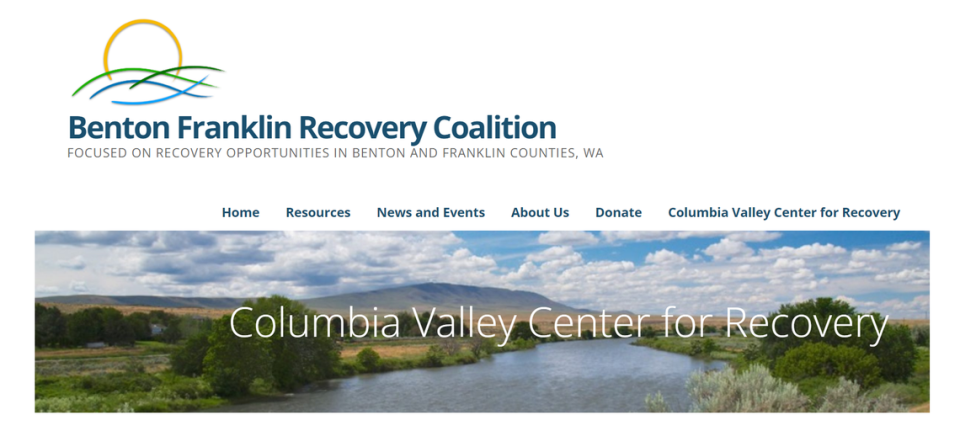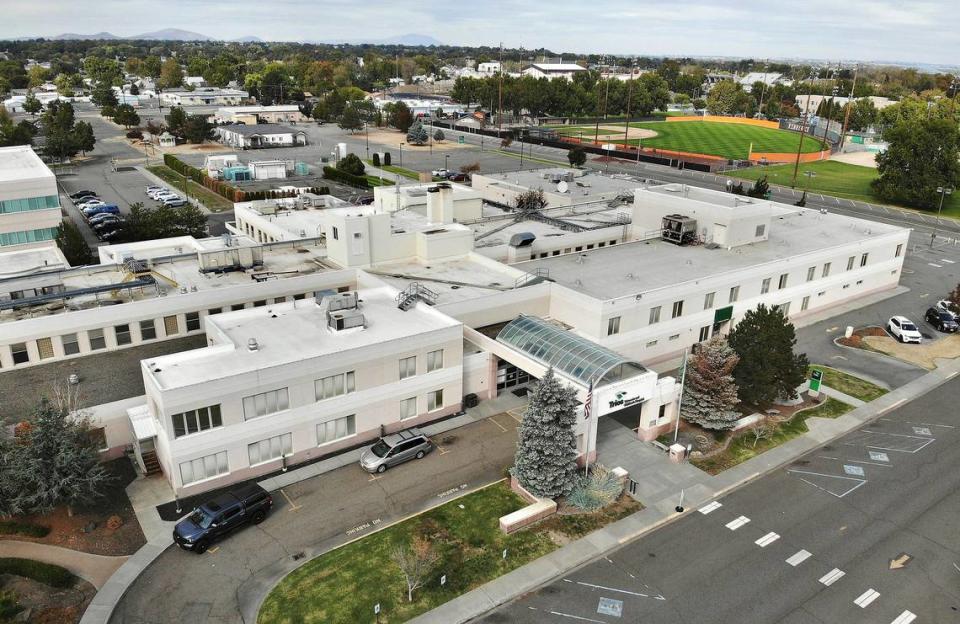Tri-Cities will get $16M from latest WA opioid settlement. How will it be spent?
Cities and counties in the Tri-Cities will share more than $16 million in a recent payment from the state’s lawsuits against companies that fueled the opioid epidemic.
The Washington State Attorney General’s Office announced this week that cities and counties would receive more than $55 million in the latest round of payments.
Local governments in the Tri-Cities say they plan to sign the agreement guaranteeing a coordinated and holistic response to the drug crisis. That includes using some of the money to open a regional treatment center.
“The amounts would be too small for a single government entity to make meaningful progress alone, but the hope is rather that together we can make a real difference,” Pasco City Manager Adam Lincoln said in a statement.
Tri-City municipalities will receive in March:
Benton County: $7.3 million
Kennewick: $2.7 million
Richland: $2.3 million
Pasco: $2.1 million
Franklin County: $1.7 million
West Richland: $227,000
Benton County is taking the lead on work to build the region’s first comprehensive behavioral health and recovery center, the Columbia Valley Center for Recovery.

Tri-City leaders hope to begin offering services from the site in the old Kennewick General Hospital building sometime in the next two years. Four services are planned for the initial opening: Short-term treatment, crisis stabilization unit, withdrawal management and residential substance use treatment.
Cities — including Pasco, Richland and Kennewick — have verbally agreed to pool their money into the record center operations and other programs they agree would be of mutual benefit.
A regional opioid abatement council also will be established under requirements with the state.
“We are working with Benton County and other jurisdictions on an inter local agreement which will identify the specific use and allow the money to be used only to treat those suffering from substance abuse disorder,” Hollie Alexander, Richland’s communications and marketing manager, said in a written statement.

Franklin County Administrator Mike Gonzalez said their money also will be directed to county Therapeutic Courts to be used at their discretion. Spending also will be advised through Greater Columbia Behavioral Health.
The county’s mental health courts and recovery courts are for defendants charged with misdemeanors, gross misdemeanors or felony charge reductions in Franklin County, which were a direct result of substance use or mental health issues.
The one- to two-year programs emphasize accountability and intensive monitoring, and exist to provide treatment, access to resources, support and rehabilitation.
“I really appreciate Judge (Trinity) Orosco’s passion and what she’s doing in Therapeutic Court,” Gonzalez told the Tri-City Herald. “She’s someone who’s come in this year and has made great headway in that space. I really appreciate her passion and what she’s bringing to the table. I really thought that was the best use for the money.”
WA Opioid memorandum
In 2022, 125 local governments — including those in the Tri-Cities — signed on to a half-billion dollar opioid resolution stemming from a lawsuit brought on by Attorney General Bob Ferguson against three companies found to have played key roles in fueling the nationwide opioid crisis.
Of the $518 million settlement Washington reached with McKesson Corp., Cardinal Health Inc., and AmerisourceBergen Drug Corp., it was determined that $476 million would go directly to addressing the drug epidemic and would be paid out over 17 years.
Cities and counties with populations greater than 10,000 were invited to sign on to the One Washington Memorandum and share in the settlement.
“Communities on the front lines of the opioid and fentanyl epidemic have an urgent need for resources,” Ferguson said in a statement. “I fought to ensure hundreds of millions more dollars get to those communities. This money will improve treatment options, support first responders and invest in other proven strategies to combat the epidemic.”
More than $110 million was distributed this month from a one-time payment from Walmart. Half those funds were given to local governments, and the other half went to the state.
This past session, the Washington Legislature earmarked the state’s portion of this month’s settlement to increase access to opioid medication, assistance for tribal government efforts to combat the fentanyl epidemic, support for first responders and youth prevention and education.
So far, the attorney general’s office has recovered more than $1.2 billion for Washington to address the fentanyl and opioid crisises.

